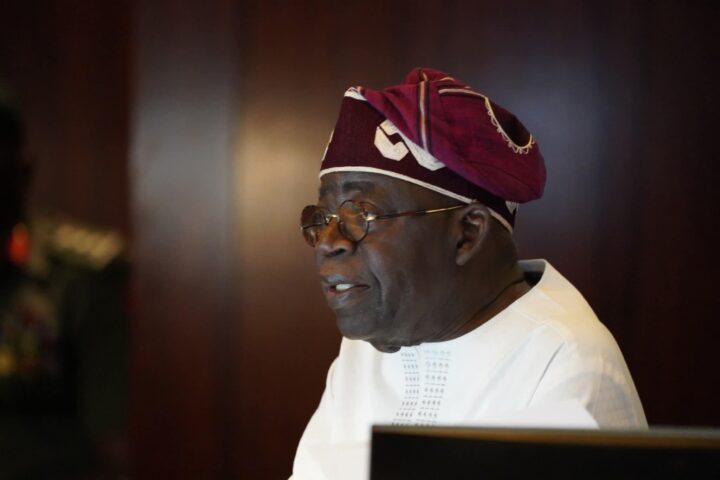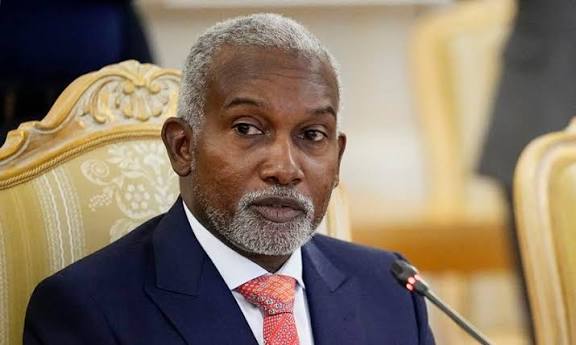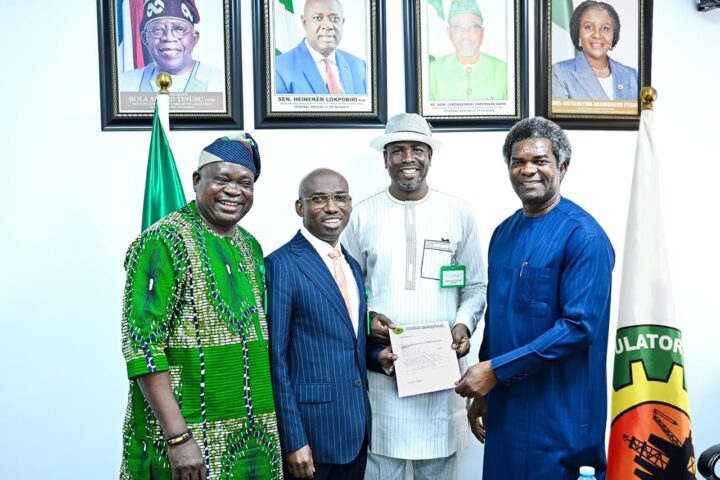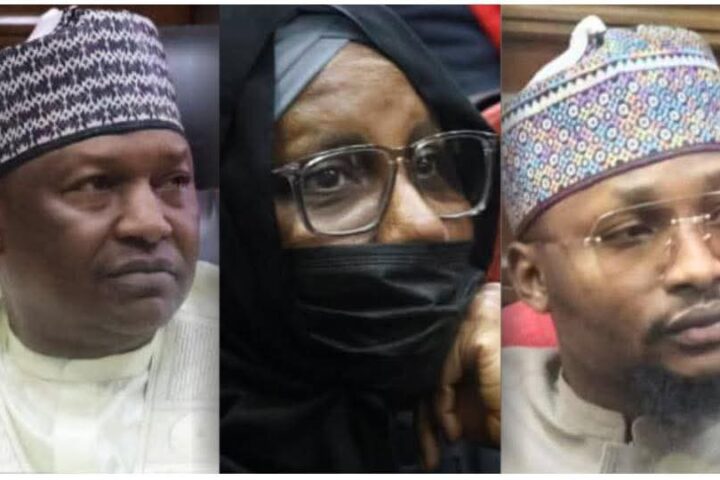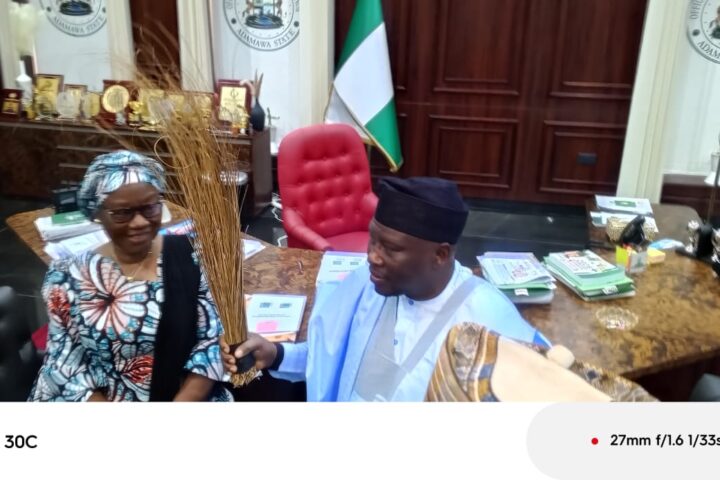By Chief Lawson.A Omokhodion
The high rate of youth unemployment in Nigeria has increasingly become a frustrating scandal. Despite the far-reaching reforms the Tinubu government has undertaken in the past two years, we continue to fail in respect of constructive job creation.
There are huge funds at every level of government in Nigeria, and enough for job creation initiatives. The federal government is embarking on trillions of Naira worth of projects, executed by foreign contractors who export the jobs to their home countries.
At all levels, our graduates, many of them bright and immediately employable, cannot find jobs and therefore a life of misery and crime becomes their lot.
The Nigerian constitution prescribes a mixed economy system, and so both the private and public sectors are constitutionally mandated to be contributors in the production of goods and services.
Nigeria has been scammed by the euro-Atlantic biases, propounded by the Washington consensus group that the public sector is not supposed to be in business. But the experience of several nations has revealed the lie in this belief.
Countries like the United Kingdom up to 1986, France, Thailand, South Korea, Sweden, China, Russia, Indonesia, Malaysia, etc, have used their public sector to facilitate their economic development.
With a central federal government, 36 states and 774 local government areas, Nigeria can realistically energize its public sector for job creation. In 1986, the International Monetary Fund and World Bank convinced Nigeria, under the structural adjustment programme to privatize its public enterprises to avoid waste.
The IMF argued that Nigerian public enterprises, most of which had been in business for only 15 years before then, were corrupt, wasteful, inefficient, and poorly managed because Nigerians did not possess the skills to manage them.
They therefore had to be privatized, and the private sector should take over thereafter. Even though many of these public enterprises created gainful employment and were both viable and revenue generating, they were sold to military generals, public servants and the favoured few.
Several of these buyers simply stripped the assets of the enterprises they bought and made easy money.
However, 39 years since privatization began in Nigeria, the country has remained in an economic conundrum, overwhelmed by debt trap, jobless, with poverty and misery a national culture. It means the IMF and the World Bank, being agents of the western domination agenda, are incompetent and so must be rejected.
We must say no to the economic entrapment of Nigeria. It is high time we changed courses and focused on structuring an economy that creates jobs.
In a published report on July 12, 2021, the director-general of the bureau of public enterprises, BPE, announced that between the years 1989 and 2020, a total of 234 public enterprises were privatized and the federal government realized a princely sum of N1 trillion from the exercise.
The affected sectors were in agriculture, banking and finance; cement; energy, construction and services; hotels and tourism; industry and manufacturing; oil and gas; ports; mines and steel; automobiles; paper and packaging; sugar and telecoms. State governments were also forced to privatise their public enterprises.
Imagine how many were there!! The funds realized from privatization were mostly looted and wasted. Workers were retrenched in their millions, and there has been no replacement ever since. Yet graduates are produced in the tens of thousands every year but have nowhere to work.
Nigeria needs to urgently raise the profile of its public sector to a competitive productive level of the private sector. If an economic policy prescription has obviously brought more problems than solutions, why can’t we change or modify it? The time to change it is now and the Tinubu government must summon the courage to break off from the discredited recommendations of the Bretton Woods institution. Nigeria should demonstrate the capacity to think for itself.
The big question to ask is what public enterprises are like? What variants of public enterprises exist? Public enterprises are government owned businesses or those with government participation. The variants are government departmental undertakings, public statutory corporations, and government owned companies under the companies’ Act.
Government owned companies are either owned by government as a majority or minority stakeholder. The negative influence of government is felt mostly in wholly owned companies and where government has majority shareholding.
The political influence of government that corrupts public enterprises becomes minimal in companies where government stake holding is in the minority. Shareholders reap dividends based on the proportion they own.
NNPCL, for example, has evolved from a public corporation to a wholly government owned government company. But in the Nigeria LNG Limited (NLNG), an incorporated joint venture established in May 1989, government is a minority stakeholder. The company is owned 49% by the Nigerian National Petroleum Company (NNPC) and the remaining 51% is held by the following international partners: Shell Gas B.V. (25.6%), TotalEnergies (15%), and ENI (10.4%).
This ownership structure provides NLNG with access to international expertise, investment, and best practices while ensuring national interest through the participation of the NNPC.
The board of the NLNG is independent and effectively makes decisions for the corporation. The shareholding structure allows the infusion of international standards and expertise into NLNG’s operations.
This innovative structure has been hailed as a huge success worldwide. It is the NLNG type of public enterprises, with home based, corporate, or diasporan Nigerians that is recommended for Nigeria.
A return to public enterprises is important for the healthy growth of the Nigerian economy. The Nigerian economic space is home to investors that can help promote the NLNG type model for job creation and business success.
At both the local government, state and federal levels, several investment opportunities exist for business incubation and success. The Nigerian private sector participants and their corporations exist as a solid block of investors that can partner with government.
Nigerians in diaspora provide a second solid alternative as an investor inlet. The local governments, state and federal governments can partner with these participants in birthing enterprises that will create jobs, generate returns and promote a better quality of life for our educated youths.
The reasons government ownership and participation are prevalent in other developing economies, is because governments, like in Nigeria, control state resources, have access to qualified personnel, can mobilise capital and reach deep into international development associations for help. A fledgling private sector like the type in Nigeria does not yet have this reach but it will come with time.
It must be carefully noted that the public sector built the economies of Britain and the entire European space for over 500 years, from the era of the industrial revolution until many of these enterprises were privatized in the UK in 1986, the same year Nigeria was forced to privatise its public enterprises after only 26 years of independence.
Today, funds that could be used to set up businesses at federal, state, and local government levels are ending up in the private pockets of state governors, as security votes, and in the pockets of local government chairmen, federal ministers and NASS legislators.
These billions of naira being embezzled can constructively create jobs in states and LGAs across Nigeria. Kudos must go to Akwa Ibom state for ‘Ibom Air’, Enugu state for ‘Enugu Air’, Edo state for the revamped Edo Line, and Niger state for its agricultural mechanization projects. Several other states must be called upon to demonstrate capacity for other types of ventures.
To set this ball rolling requires a positive pronouncement by the National Economic Council in support of setting up public enterprise joint ventures and/or wholly owned commercial enterprises.
Across Nigeria, states enjoy different comparative advantage conferred on them by their natural resource endowments. Businesses can be modeled to exploit these resources for jobs and earnings.
Experts exist in Nigeria to undertake feasibility studies to help state governments and local governments executive committees in determining where to invest and what to invest in. The honeymoon period is over.
Article 16 (1)(a) to (d) of the Nigerian constitution identifies the role of government in the economic life of the country. Article 3(b) and (c) define government involvement to include participation in production, distribution, and sale of goods and services.
The 1972 and 1977 indigenization decrees (Acts) were designed to specifically create jobs for Nigerians. Government must return to the constitution so that our youths and young graduates can regain their buoyancy.
This is the solution to Nigeria’s baffling joblessness. United States President Trump leads the way in national self-preservation by imposing tariffs on imports. Nigeria must use what it has, to rebuild itself.
Chief Lawson A. Omokhodion, KSM, was Pro-Chancellor/Chairman, Governing Council, Ambrose Alli University, Ekpoma.




